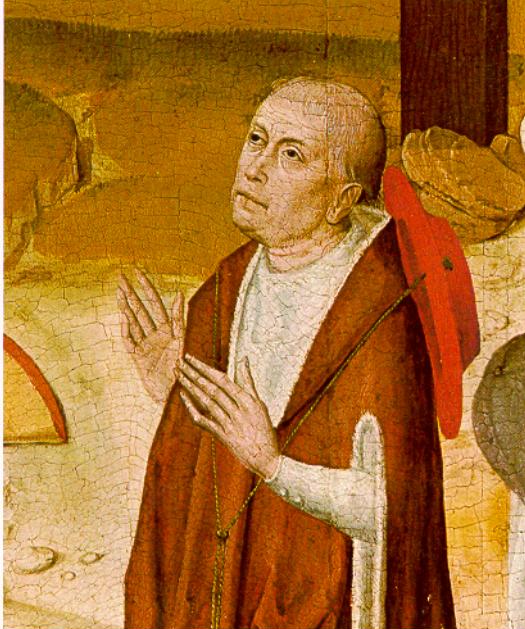
„Matematika nám pomáhá ze všeho nejvíce při pochopení různých věcí božských.“
De docta ignorantia
Zdroj: Mikuláš Kusánský, Encyklopedie fyziky http://fyzika.jreichl.com/main.article/view/1513-mikulas-kusansky
